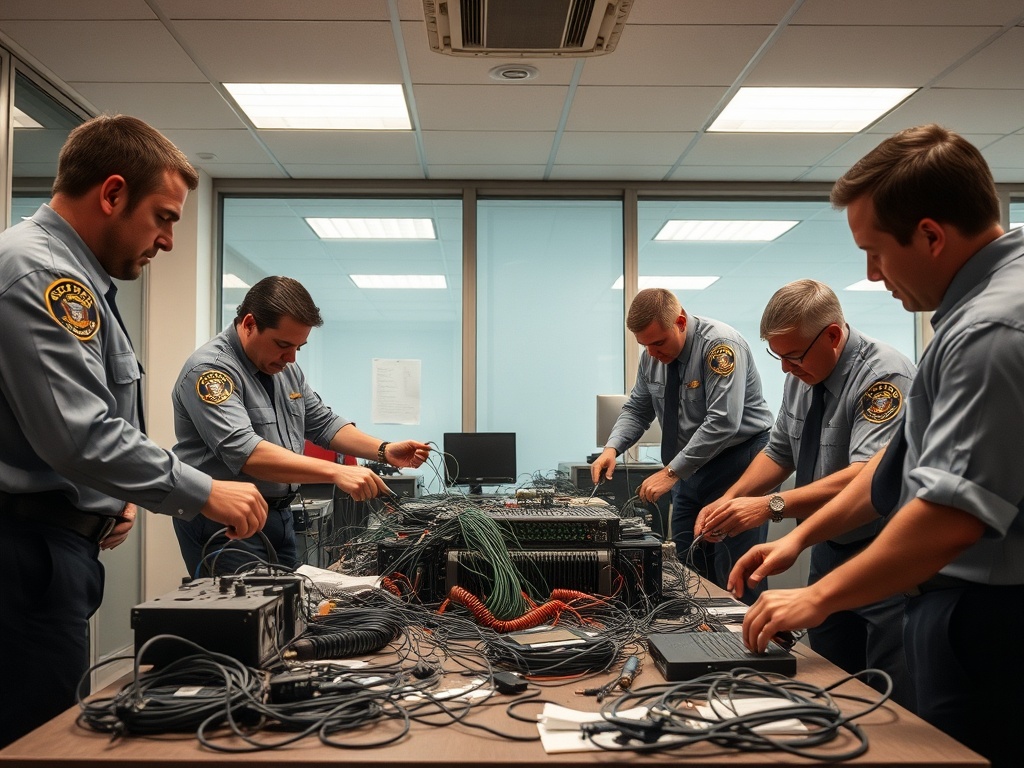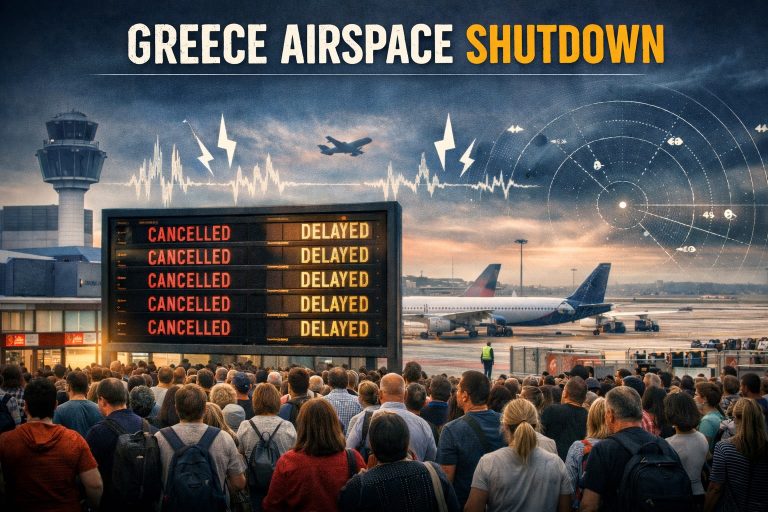
As nearly 150 world leaders prepared to gather in Manhattan for the UN General Assembly, the US Secret Service was discreetly dismantling a vast hidden telecom network in the New York area. Investigators have stated that this system could have severely disrupted cell towers, jammed emergency 911 calls, and overwhelmed networks at a time when the city was particularly vulnerable.
The operation involved over 300 SIM servers containing more than 100,000 SIM cards, all located within 35 miles (56 km) of the United Nations. This discovery represents one of the most significant communication threats found on US soil. Officials warn that the network could have caused a blackout of cellular services in a city that depends on such connectivity for everyday activities, emergency responses, and counter-terrorism efforts.
As foreign leaders filled midtown hotels and motorcades choked Manhattan streets, officials emphasized that this incident underscores a new level of risk: threats targeting the hidden infrastructure that keeps modern cities connected.

This photo provided by the US Secret Service in New York on Monday shows signal equipment at the location where they were seized by the agency. Photograph: AP
The network was identified during a broader Secret Service investigation into telecommunications threats aimed at high-ranking government officials. Spread across various locations, the servers acted like banks of simulated cellphones, capable of generating mass calls and texts, overwhelming local networks, and concealing encrypted communications used by criminals.
“It’s essential to understand the potential of this system,” stated Matt McCool, the special agent in charge of the Secret Service’s New York field office. “It can incapacitate cell towers, meaning people would be unable to communicate. If this coincided with any other significant event related to the UN General Assembly, the consequences could be catastrophic for the city.”
Officials have indicated that there is currently no evidence of a specific plot to disrupt the UN General Assembly and that there are no known credible threats to New York City.

Matt McCool, US Secret Service special agent in charge (center), looks at live video surveillance feeds in Brooklyn, New York, on Monday.
Bloomberg reported that it remains uncertain whether the “smishing” network is connected to earlier incidents this year in which attempts were made to impersonate White House Chief of Staff Susie Wiles and Secretary of State Marco Rubio.
A US State Department cable sent over the summer indicated that an unidentified individual left voice and text messages for at least five people, including three foreign ministers, a US governor, and a US member of Congress, after creating a Signal account that falsely represented Rubio.
The UK has already taken measures to curb so-called SIM farms, with the Home Office announcing a ban on owning or distributing SIM farms without a legitimate purpose. The report highlighted the role of these farms in “smishing,” a term combining SMS texting and email phishing, which involves using fake text messages to impersonate legitimate services, trick recipients into downloading malware, disclosing sensitive information, or sending money to cybercriminals.
Forensic analysis of the New York discovery is still in its early stages, but agents suspect that nation-state actors may have utilized the system to send encrypted messages to organized crime groups, cartels, and terrorist organizations, according to McCool. Authorities have not yet provided specific details about the government or criminal groups linked to the network.
“We need to conduct forensics on 100,000 cellphones, essentially analyzing all calls and text messages to trace where those numbers lead,” McCool explained, adding that this process will take time.
Upon entering the sites, agents discovered rows of servers and shelves filled with SIM cards. Investigators noted that more than 100,000 were already operational, with many more awaiting deployment, indicating that the operators were preparing to significantly expand the network’s capacity. McCool described the operation as a well-funded and highly organized enterprise, costing millions in hardware and SIM cards.
The network had the potential to send up to 30 million text messages per minute, McCool stated.
“The US Secret Service’s protective mission is focused on prevention, and this investigation underscores to potential adversaries that any imminent threats to our protectees will be swiftly investigated, tracked down, and dismantled,” said the agency’s director, Sean Curran, in a statement.
Officials also cautioned about the chaos the network could have unleashed if it had remained operational. McCool likened the potential impact to the cellular blackouts that occurred after the September 11 attacks in 2001 and the Boston Marathon bombing in 2013, when networks were overwhelmed. In this scenario, he noted, attackers could have orchestrated such a shutdown at their discretion.
“Could there be other networks?” McCool asked. “It would be naive to believe that there aren’t similar operations being established in other cities across the United States.”
Source: TheGuardian Edited by Bernie




